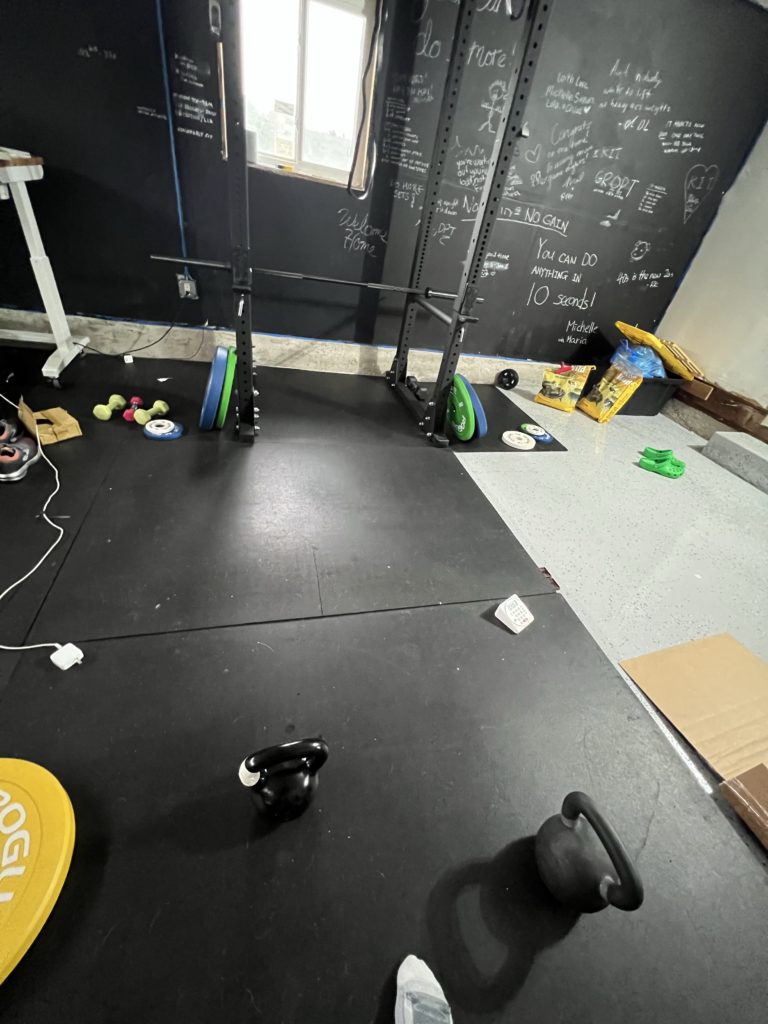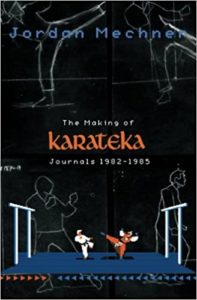“Today, we’re more apt to talk about work than lose ourselves in it. We like to make a big show of it on social media. We spend a lot of money acquiring the right tools or setting up a fancy office.” — Discipline Is Destiny: The Power of Self-Control by Ryan Holiday
It struck me at some point putting together the garage gym that I was spending more time reading and watching more content about garage gyms than I was actually working out.
The same goes for work on some days. I think about work and worry about work and complain about work instead of sitting down to do the work. Then it isn’t quite so bad when I’m actually doing it.
Discipline is Destiny feels like it is coming to me at the right time. I’ve lost a lot of discipline this year and want to make sure to end the year strong.
We have a Europe trip coming up and my first thought was that I’ll hunker down after the trip. Reading this book reminded me that I don’t need to wait until after.
I shouldn’t wait until after.
I can enjoy the food without eating until I’m hurting. I can follow a daily bodyweight routine in the hotel rooms in the morning.
I can make the important things a priority.


